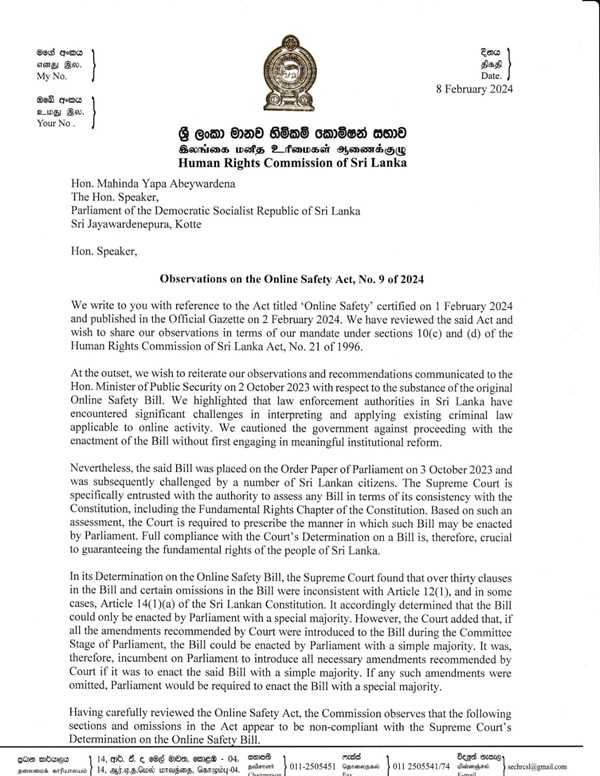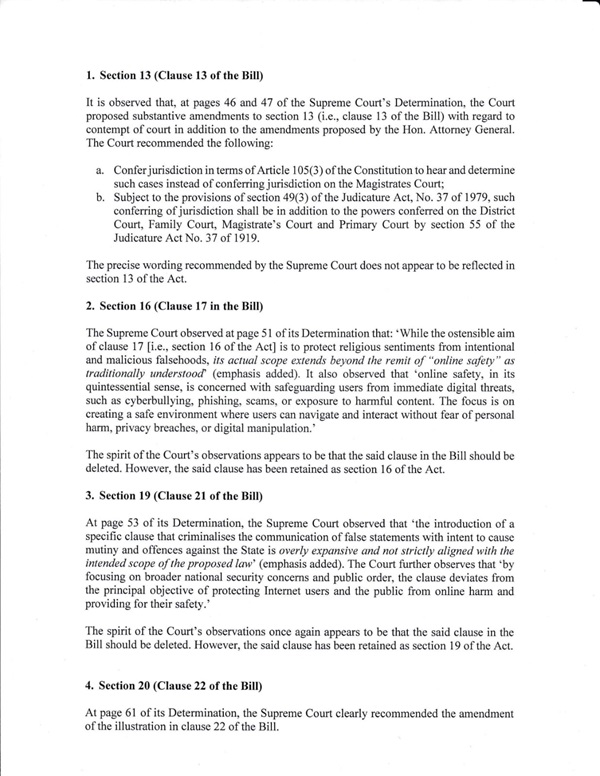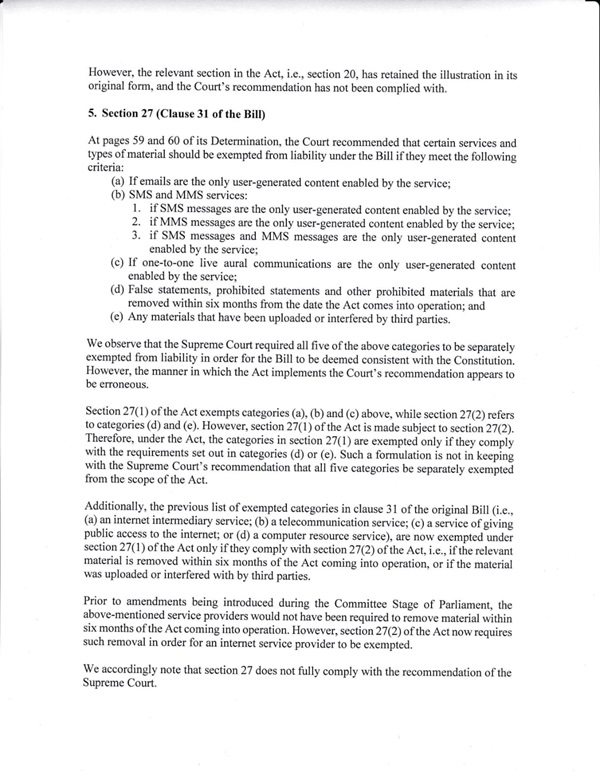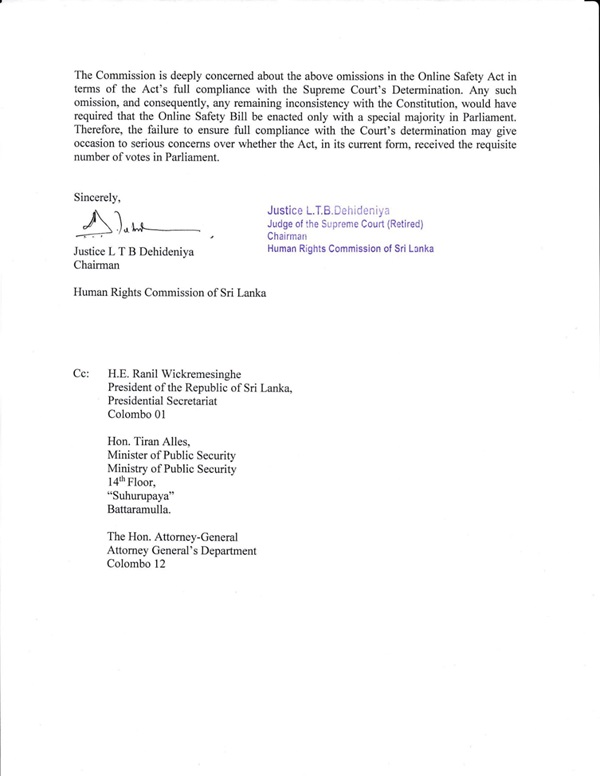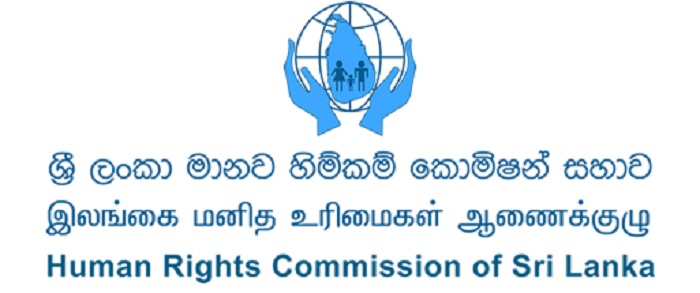
The Human Rights Commission of Sri Lanka (HRCSL) states that several sections and omissions in the Online Safety Act appear to be non-compliant with the Supreme Court’s Determination on the Bill.
Issuing a statement, the HRCSL said that in its Determination on the Online Safety Bill, the Supreme Court found that over thirty clauses in the Bill and certain omissions in the Bill were inconsistent with Article 12(1), and in some cases, Article 1a(1)(a) of the Sri Lankan Constitution.
It was, therefore, incumbent on Parliament to introduce all necessary amendments recommended by the Court if it was to enact the said Bill with a simple majority.
The Supreme Court required five categories to be separately exempted from liability for the Bill to be deemed consistent with the Constitution. However, how the Act implements the Court’s recommendation appears to be erroneous, the HRCSL pointed out.
The Commission said it is deeply concerned about the omissions in the Online Safety Act in terms of the Act’s full compliance with the Supreme Court’s Determination.
“Any such omission, and consequently, any remaining inconsistency with the Constitution, would have required that the Online Safety Bill be enacted only with a special majority in Parliament. Therefore, the failure to ensure full compliance with the Court’s determination may give occasion to serious concerns over whether the Act, in its current form, received the requisite number of votes in Parliament,” the Commission added.
The Online Safety Bill was passed in the Parliament of Sri Lanka on January 24, 2024, with a majority of MPs supporting the bill, despite the Opposition claiming that the amendments proposed were not consistent with the Supreme Court’s determination. (NewsWire)
